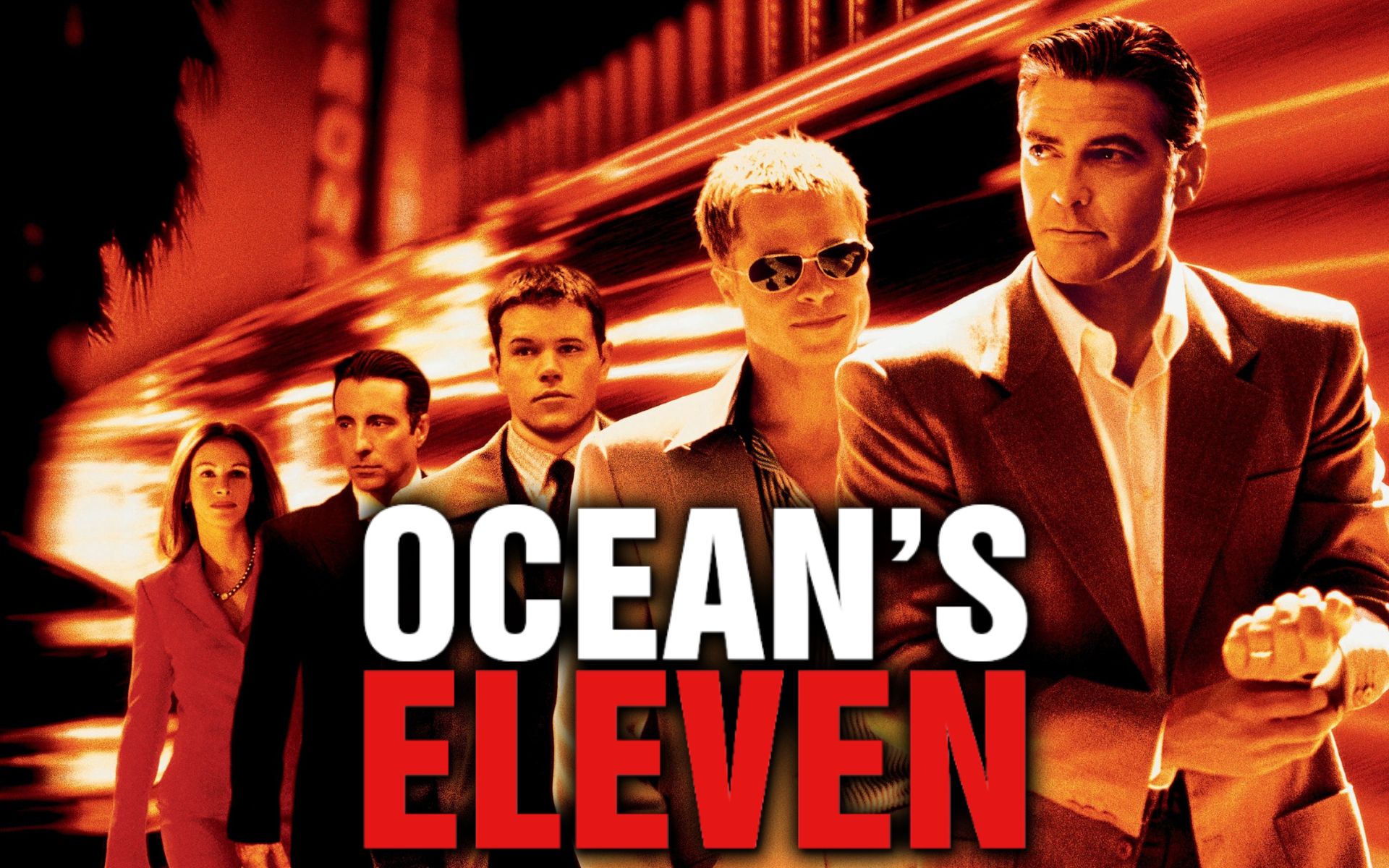Twenty years later, the importance Lost, which you can now enjoy on Netflixmore prominent than ever. The ABC series, which has amazed audiences and critics alike with its inventiveness for six seasons, was a project that opted for the unexpected from the start. Moreover, it explored the idea of combining science fiction and drama in a script in which neither genre was more important than the other. The result was a complex balance that extended throughout the entire plot. But it also gave rise to a phenomenon that is still worthy of study and interest.
LostAs a production, it became more than just a series, which it was, and one of the best ever broadcast. At the same time, it was a combination of experiments in storytelling and production. What began as an accident that left a group of characters stranded on an unknown island soon evolved into something more than just a survival plot. Also, It was an exploration of good, evil, the supernatural and, in an ambiguous ending, death.
Everything from the emotional and profound dialogue to the sense of mystery that J.J. Abrams, Damon Lindelof, and the rest of the writing room have managed to keep intact over time. But the series’ biggest contributions can be boiled down to five points, which we leave you with below. From its impact on the internet to the way it handles its conflict. Lost He did so much for the world of TV series that today, without his contribution, it would be almost impossible to imagine the world of great stories. A legacy that, twenty years after its premiere, is clearer than ever.
Science fiction for everyone

In 2004, the science fiction genre belonged to its natural audience. Which was reflected in very specific groups of fans. Great stories, connected to their main themes, were not considered suitable for a large audience. Especially not one that could engage collectively, in a spirit of drama or romance. So part of the success Lostbased on how it has been explored in science fiction. And he did so by demonstrating how his plot, full of secrets, clues and mysteries, This was attractive not only to an audience that could identify with the subject matter.
Credit, of course, goes to Damon Lindelof and Carlton Cuse, and to a lesser extent to J.J. Abrams, who created it but did not go on to direct it. The writers found a way to parse a seemingly plot full of strange scenarios, supernatural and even metaphysical elements, while necessarily making it compelling. The plot’s mysterious twists weren’t the only appeal. So were their characters, which, although typical, were written and developed with great sensitivity.
As a result Lostmanaged to capture an audience hungry for time travel, unexplained creatures and hints of horror, but at the same time, lovers of drama and romance found plots in the series that they could fully enjoy. Lost This opened the door for similar combinations to be created in other series. A huge credit to what started as a project that aimed to show the story of survival.
Great Internet Community

LostBefore any other series, it became an obsession for fans of pop culture’s great mysteries. So much so that over the past three seasons, the show has become a global phenomenon. All of this is essentially due to the Internet and endless discussions on fan forums. who tried to find patterns and ways to understand the confusing plot.
From a distance, the idea of fan groups might not seem enough to justify the show’s importance today. But by 2004, with the full potential of online debate still unexploited, the backlash to Lost exceeded the most optimistic forecasts. Much more, showing that the interaction between the community of followers and The clues that the program left behind were of great value.
Lost He managed to keep the audience captivated and asking all sorts of questions. Even during the writers’ strike that lasted from November 2007 to February 12, 2008, which affected the third season. Moreover, it created a unique dynamic that is unlikely to be repeated in Game of Thrones and it was a collective experience, with respect to a way of understanding the course of history. It is important to know your weight in the future.
Amazing Memories

Before the premiere Lost In 2004, TV series were not very inclined to experiment with the script. Of course, there were many reasons, and most of them were related to the fact that the format – especially on traditional television – was more or less designed for a regular audience. One that also did not have to make a lot of effort to follow the plot, and moreover, which could catch up with what’s happening without much inconvenience.
Lost It broke that paradigm in many ways. Not only by allowing the characters to be analyzed individually, but by making each character’s memories a fundamental part of the plot. But more than that, the story that happened in the background was essential to understanding what was going to happen next. At least it seems so.
Then the series centered not only on mysteries – of course, they were important – but also on the inner lives of its main characters. memories They became an elegant resource for storytelling, as well as a means of creating stories so relevant that they are still is of great importance. Largely due to Lost.
And of course, flashforwards

If memorization became important in Lost — and that supported much of the plot — but the deciding factor was how the script handled its timeline. It’s through a brilliant connection that spans the characters, their stories, and the future.
The timeline jump resource wasn’t exactly time travel. It was actually a way to make it clear that whatever was happening on the island, This affected the essence of reality.
Based on this premise, the argument Lostinnovative This is due to the rapid public familiarization with the disrupted perception of time. Which gave meaning not only to several of its best chapters, but also gave enormous freedom to the collective of writers. A historic feat on television that is still remembered today.
The Great Open Experiment

Anyone who has followed history Lost I knew that starting with season four, the possibility of an open ending was very high. Especially after the creators said that the culmination of the plot would be part six. But as the mysteries piled up and became more and more difficult to solve, one question became relevant. How will the series manage to bring closure to its many questions?
Answer: He didn’t. Or, at least, he kept his focus on his characters rather than devolving into a long list of more or less hasty solutions to plot dilemmas. Which led to an almost fairy-tale-like sequence, andAnd everything pointed to the plot being resolved with a supernatural element.
But LostIn fact, I wanted to delve not into his sci-fi moments, but into the final destination of his protagonists’ journey. Which he did, and although it seemed unsatisfying, the final image, which actually answered little, It marked a before and after in pop culture.
Source: Hiper Textual













